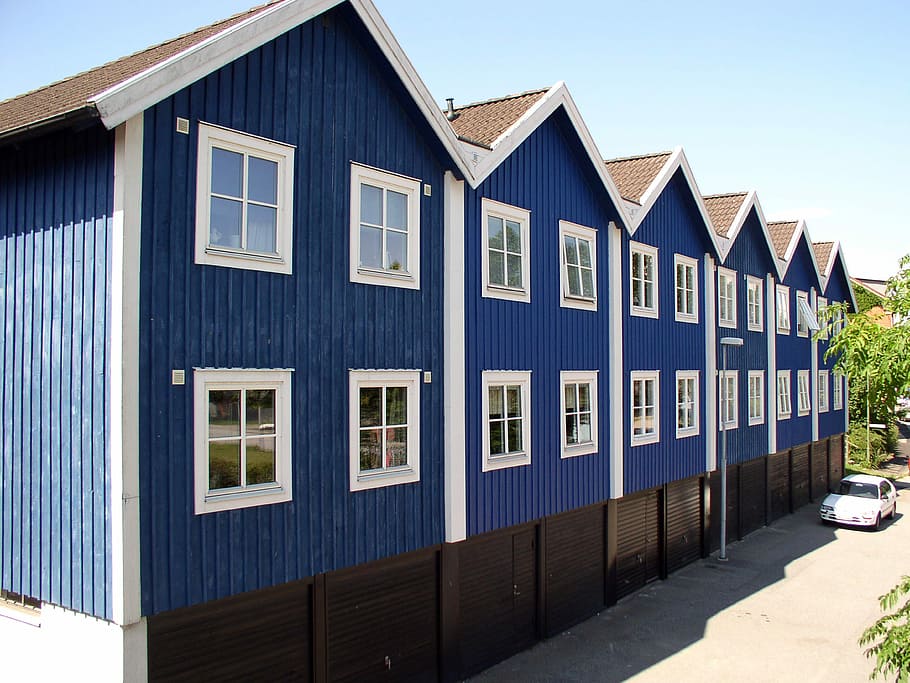Starting up your family: How to buy your first home
Buying a home in the UK is generally considered to be something of a milestone in life. On the continent, there isn’t quite the same hoo-hah made over it (with many families perfectly happy to rent for life), but here a man’s home is his castle… or a woman’s home for that matter! Indeed as traditional roles in society change and it becomes more normal for the woman to be the breadwinner in a nuclear family, being really clued-up about what buying your first home involves is more important than ever.
The mortgage
Unless one is very fortunate then getting yourself a mortgage is the only way to buy given the high entry points of today’s property market. There’s a lot of advice out there when it comes to choosing the right mortgage and some really helpful guides for first time buyers. One of the best tips is simply not to be too daunted by it all. It sounds obvious and rather basic, but the fact is that the quantities involved can be extremely intimidating as they’re a far cry from the price of the weekly shop or even a car or that holiday of a lifetime. The point is that you’re talking about your home, a base from which to raise a family and an often life-long connection to a property. So yes it might seem a bit panic-inducing at times, but it’s all in proportion really.
The deposit
Saving up to be in the position to make the deposit is the starting point. You should know that your deposit will need to be at least 5% of the value of the property you’re going for, so if it’s a £200 000 house then you’re looking at a £10 000 deposit. It can be up to 20%, which is why it’s now so commonplace to be assisted by family and parents along the way to buying your first home. Sometimes this takes the form of going back to living with parents whilst saving money, sometimes of a parental or familial contribution towards the deposit itself, and sometimes both.
The other costs
As with everything in life, there are all sorts of additional costs to be accounted for when buying your first home. The most obvious things are the actual moving process and decorating. Removal men don’t always come cheap and sometimes a DIY approach (renting a van and recruiting a few friends) can be best if there isn’t too much furniture to be moved about. Equally, if you’re prepared to get stuck into wallpaper stripping and painting then you can save a great deal on decorators.
The less obvious costs are the solicitor’s fees, the survey costs, the buildings insurance and stamp duty. Once you’re clear on everything though you can go into the process with accurate expectations of what the total spend is going to be and avoid any nasty surprises. The same goes for the timescale involved in purchasing your first, or indeed any, property. Of course, you should let yourself get excited about that perfect home, but tempering your dreams is really for the best. Remember that the whole process is unpredictable, that there might be a bit of heartache before you get there and that it can take a long time; but also that when you get there it’ll be worth it!
Poppy Watt


